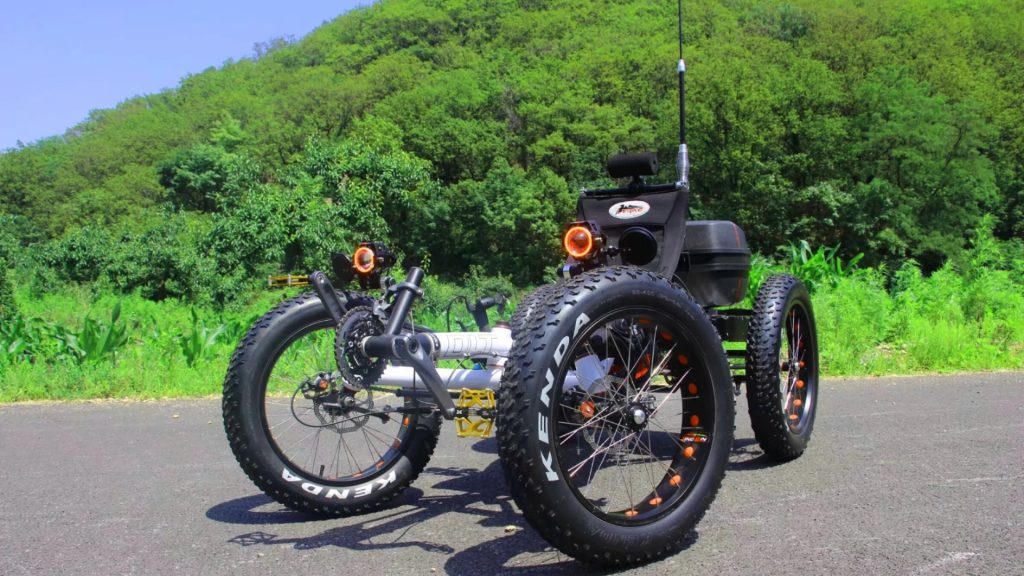As cities around the world grapple with increasing pollution and traffic congestion, innovative solutions are emerging to transform urban transport. One of the most promising developments in this area is the rise of electric rickshaw bikes. These vehicles, also known as e-rickshaws or electric auto-rickshaws, are poised to revolutionize urban transport in several compelling ways.
Cost-Effectiveness
Electric rickshaws offer a more cost-effective transportation solution compared to their traditional counterparts. The cost of electricity to charge an e-rickshaw is significantly lower than the cost of fuel for a gasoline or diesel vehicle. Additionally, e-rickshaws have fewer moving parts, which translates to lower maintenance costs. This makes them an attractive option for drivers and fleet operators looking to reduce operational expenses.
Enhanced Efficiency and Maneuverability
Electric rickshaw bikes are designed to be highly efficient and maneuverable, making them well-suited for navigating the narrow and congested streets of urban areas. Their compact size allows them to weave through traffic, avoiding gridlock and providing a quicker alternative to larger vehicles. This efficiency not only helps reduce travel time but also alleviates some of the traffic congestion that plagues many cities.

Noise Reduction
Another benefit of electric rickshaw bike is their quiet operation. Traditional rickshaws and other gasoline-powered vehicles generate a significant amount of noise, which contributes to urban sound pollution. In contrast, electric rickshaws operate quietly, creating a more peaceful and pleasant environment for both passengers and pedestrians. This reduction in noise pollution enhances the overall quality of life in urban areas.
Accessibility and Inclusivity
Electric rickshaw bikes also offer increased accessibility and inclusivity in urban transport. They provide an affordable and flexible mode of transport for people who may not have access to private vehicles or public transportation. E-rickshaws are often used in densely populated areas where traditional public transport options may be limited or overcrowded. By filling this gap, electric rickshaws ensure that more people have access to reliable and convenient transportation.
Support for Local Economies
The growth of the electric rickshaw industry has the potential to support local economies by creating jobs and stimulating small businesses. Manufacturing, maintenance, and charging infrastructure for e-rickshaws can generate employment opportunities and foster economic development in local communities. Additionally, the lower operational costs of e-rickshaws can empower drivers to increase their earnings and contribute to the local economy.
Future Growth and Innovation
The electric rickshaw market is still in its early stages, with significant room for growth and innovation. Advances in battery technology, charging infrastructure, and vehicle design are expected to enhance the performance and affordability of e-rickshaws. As these innovations continue to develop, electric rickshaws are likely to become an even more integral part of urban transport systems, further revolutionizing how cities move.
Motrike electric rickshaw bikes offer a multitude of benefits that can transform urban transport. From environmental improvements and cost savings to enhanced efficiency and reduced noise, these vehicles are well-positioned to address many of the challenges facing modern cities. As the adoption of electric rickshaws continues to grow, they have the potential to make urban transport more sustainable, accessible, and efficient, paving the way for a cleaner and more connected future.
